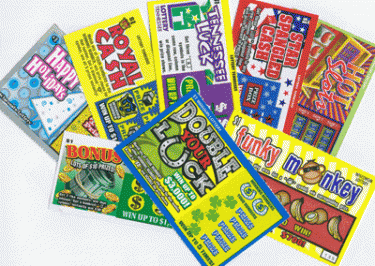
COVID-19 relief dollars began reaching the hands of citizens across our nation over the past few weeks, as the $2 trillion federal CARES Act began to take effect. These dollars are intended to help Americans pay bills and put food on their tables, but an unexpected and unfortunate consequence has resulted. “Texas lottery sales surge as COVID stimulus money arrives,” read a headline last week in the Houston Chronicle. According to the April 23 article, as federal stimulus checks hit homes, purchases of instant scratch-off tickets spiked “after a month of plunging sales.”
The news prompted the national organization Stop Predatory Gambling to send a letter urging the governor of every state with a lottery—including North Carolina—to suspend lottery operations for the time being. “We are writing to call on you to immediately shut down the marketing and selling of all state lottery gambling games until the financial turmoil caused by the coronavirus has passed,” the letter states.
“There is a mountain of facts showing many citizens gamble on the lottery to change their financial condition,” the letter continues, “and even more so when they are feeling a sense of desperation. Yet state government is continuing to market its lottery gambling games at the very same moment that citizens are receiving their economic relief checks from the U.S. Treasury.”
“Luring citizens to lose their money on lottery gambling games during this time defeats the intended purpose of the stimulus. Government sending stimulus and unemployment checks to families in need while states continue to operate lotteries will result in greater financial loss for our citizens, rather than fulfilling the intent of providing for essential needs and encouraging consumer spending to benefit the economy and create jobs.”
NC Family joins Stop Predatory Gambling in urging Governor Roy Cooper and the State Lottery Commission to suspend lottery operations in North Carolina until the COVID-19 pandemic and related economic crisis has passed.